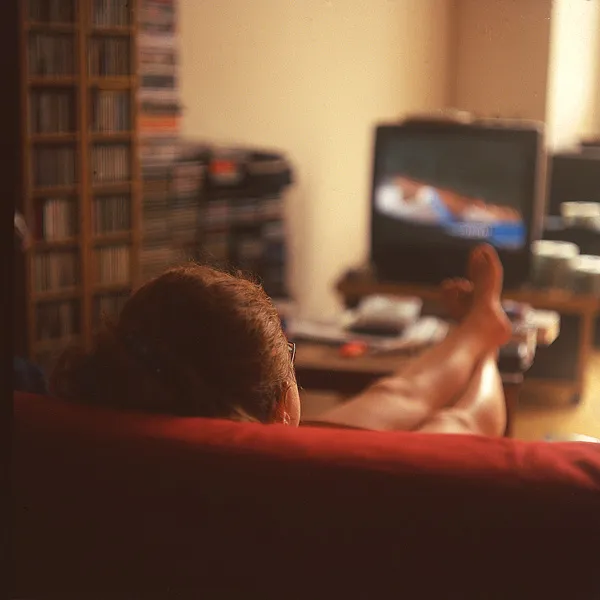Soap operas link all the countries in the world. We can hazard a guess that soap operas contribute to a worldwide “cultural” globalisation. They look the same in most countries. Another equally significant characteristic is that the whole or nearly whole family gathers in front of the TV to watch them. This is the case in Nigeria as well. After a day of hard work and relentless heat the family gathers in the living room to watch a serial feature imported from Asia. During my stay in Nigeria two soaps were particularly popular. The first one “Two of us” was about a group of women quarrelling over a deceased husband and the other one “People-wolves” was about...people-wolves. The soaps have English dubbing. The actors speak veeeryyy slooowlyyy and VeeeRYYY CLEEaaRLYY. The only action you can expect on the screen is a close-up of the actors’ excited or distressed faces. Does it sound familiar? Each episode lasts for approximately 50 minutes.
One evening I was bored and had nothing to do (how long can you read?) so I sat down to watch a serial feature with my family. After 15 minutes I realized that I was following the second hand of the clock with bigger passion than I was following the soap. The clock was just above the TV so no one could accuse me of not being interested in the tragic fate of the characters. While my large (mostly women) family were following the dilemmas of the beautiful heroine with concentration, I was thinking of the next day’s dinner. I stopped my tasty contemplations when a couple of main characters appeared on the screen – young, beautiful, Asian celebrities – between whom there was supposed to be some kind of chemistry or infatuation (desire in soap operas in out of question). Between my thoughts of semolina (Nigerian basic addition to soups) and ogbono seeds a voice of a handsome young man on the TV reached me: - You-will-see (very slowly) I- will-change (STOP). I-will-take-a-medicines (STOP). Everything – will – be – different (STOP). I roused myself from the contemplation on juiciness of local pineapples which grew right behind the window but I didn’t pay much attention to an innocent, though significant question: -What kind of medicines does he have to take? Is he sick? One of my sisters shook me out of the TV numbness which can only be caused by soaps. Keeping her eyes fixed on the telly and keeping her composure which verged on hypnotic trance she said something about medical studies.
It turned out that the handsome young man wanted to study medicine to win favour with the girl. Hmm, medicine, medicines...
I looked at the wall clock with terror. Three minutes had passed. - It’s unbearable - I thought and at that very moment everything went dark.
- Power cut! – I shouted with a blend of relief and terror. However, my consternation did not last long. In less that 1 minute our domestic help managed to jump to the backyard and turn on a German generator. By doing so she restored normal digestion of the series feature done by our brains. When the soap finished and the subtitles accompanied by male singing (in Thai?) appeared on the screen I managed to unglue myself from the faux leather sofa with difficulty and I noticed with satisfaction that half of the audience were asleep. I felt my brain was suffering from a slow down of its gear wheels due to a sticky oil of the series feature which had slid in there during the fifty minutes in front of the TV.
Unquestionably I was spellbound by the fact that in the south of Nigeria, in a distant African village Amokwe you can watch a Filipino (as it turned out later) soap opera in peace and with your family with the accompaniment of a generator whirr.
Long live a lengthy globalisation and German generators!
Ifi Ude
Translated by: Karolina Ginalska







